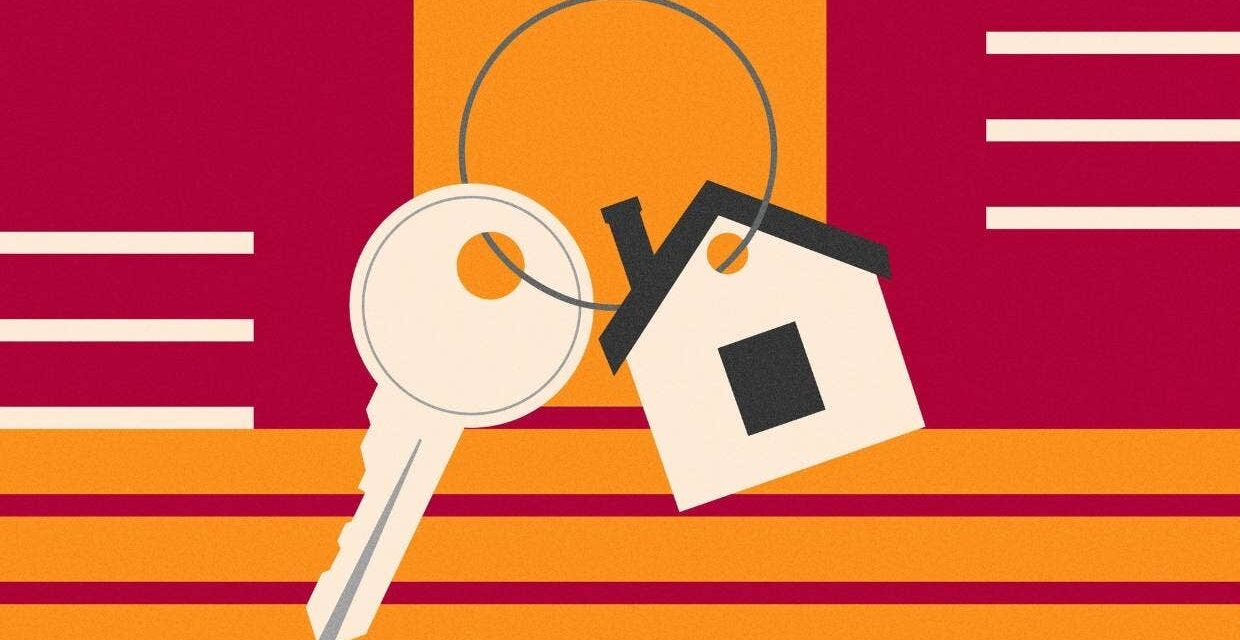Author Katrina Shanks, CEO Financial Advice NZ Article originally published in Stuff.co.nz.
OPINION: In the face of rising inflation and interest rates and lower house prices there’s one question doing the rounds in the property market right now: is now a good time for a first-home buyer to get into the market?
It’s a question to which there seems to be one common answer: Yes and no.
Which is not helpful if you’re one of those who have been scrimping and saving for years to build up a deposit and are at a stage where you’re finally ready to buy.
The problem is the very situation we find ourselves in – rising interest rates and depressed or decreasing house prices.
One suggests it’s not a good time, particularly at a time when the price of everything else is rising as well and budgets are being stretched.
The other suggests now could be the best time for several years – before house prices possibly begin to climb again as interest returns to the market as inflation is brought under control and interest rates ease.
There are suggestions from some quarters these pressures could be bottoming out later this year, though any hint at any kind of reversal is likely to be more than a year away at the earliest.
Certainly, there are indications global inflation pressures are beginning to ease and that could have a flow-on effect in New Zealand.
In the meantime, how are you going to get into that home you’ve always dreamed of?
There’s a school of thought that says if you’re looking for your first home to stay in for a while and raise a family, then buying now is the thing to do – mainly because there are a lot of listings and very few investors for you to compete against.
That can put you into a good position because vendors are increasingly likely to negotiate.
The lack of competition could also mean you have a better range of choice than what’s been available to first-home buyers for quite some time.
If you can afford the higher rates (and perhaps a couple of small rises after that, though they’re likely to be mainly on floating or short terms), then maybe that’s the option for you, particularly if you’re planning to live in it for the longer time.
In some cases, asking prices have dropped by up to $200,000 on 2021, and that would well offset the extra you would pay in interest rates compared to then.
Or you could compromise on what your dream home is and downsize until later, or maybe look in another suburb where values are slightly lower.
You just have to be realistic until things settle down. The main thing is you’re on the property ladder.
One good trick someone mentioned to me is to look at properties that have sold recently in the area you’re looking, rather than the properties for sale. That will give you an idea of what’s selling for what, and will help you decide if you would have paid that and would you pay it now.
When you do this you may see properties with benefits you hadn’t thought of and that are cheaper.
For example, two bedrooms with a great garden and north facing as opposed to three beds with a concrete backyard and a high-rise neighbour.
Lowering your expectations and being more realistic can make a big difference.
On the other hand, if you would rather wait to see what the market does, or until interest rates drop, or you get that pay rise or promotion that will give you a bigger deposit or take the pressure off by making it easier to get your loan and then service it, then that could be for you.
Neither way is right or wrong. It’s all about what’s right for you and your circumstances.
Whichever way you decide to go, there are some basic things you should consider before you move that doesn’t make buying your first home scary.
First, get to know the process. Once you do that, it’s not so bad.
All the talk about rocketing rate rises can put you off, so the more you know, the less scary it will be. If you explore, learn and understand the buying process you may be surprised about how achievable buying property can be.
One of the first steps could be to talk to someone who’s been there and done that and knows how it works. Perhaps a friend or family member who’s been there and done that, or a real estate friend, or even a mortgage adviser.
The earlier you know about all the processes, the sooner you’ll be ready when you see something you like.
Mortgage advisers are often good value because they can work you through all that stuff and even get you prepared on the sort of information banks will need to process your mortgage application.
When you find something you like, they’ll present you with the best options to suit you and you then make that decision.
And they’re free. They get paid by whichever bank you finally decide to take out a mortgage with.
One last tip: if you’re due to come off a low rate and on to a higher rate sometime this year, talk to your bank or an adviser and don’t be afraid to negotiate.
Recent news reports about so-called “secret” mortgage rates of 4.99% for a one-year rate as opposed to the “advertised” rate of 6.8% show banks can be flexible when it suits them, particularly at a time when business is slow due to a lower number of house sales with lower values.
One report showed even hinting you may switch banks could be enough to swing a more favourable deal.
When I got my first home, I was focussed on servicing the mortgage. At the time I thought I had paid a fortune – history shows over time values increase!
As my financial adviser would say – the best time to buy is when you are ready.
Gather your deposit, know what you want and take advice. And get on the property ladder as soon as you can. This may be just the right time.









